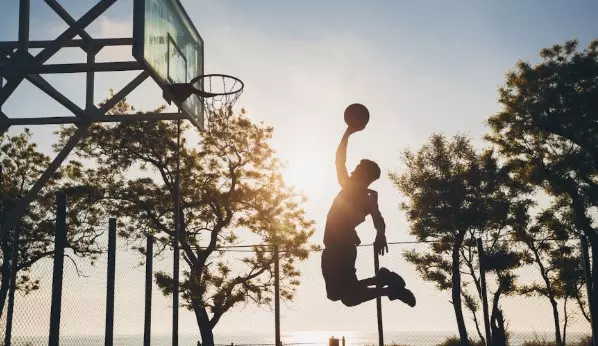
A sedentary life has many adverse effects on the human body. To get rid of these effects and to keep our bodies in the healthiest way, we should do sports.
If we do not pay attention to some issues while doing sports in the gym or outdoors, the sports we do for our health can cause us more severe injuries.
It is very beneficial to learn what you need to do during sports in order for your exercise to produce effective results and also for your muscles to develop well.
-
Warm Up Moves
One of these is the warm-up you need to do before you start exercising. With the warm-up exercises, you will give your muscles flexibility before the sport and minimize your risk of injury.
- Just as you prepare your mind before exercising, you also need to prepare your body physically. Because when you do sports, your muscles are very strained. When the muscles are cold, they start to have difficulty in movements because they are not ready for sports.
- In addition, during the warm-up movements, blood circulation gradually accelerates. Thus, your heart is prepared for the rhythm of the sport and your heart is not suddenly burdened.
- In addition to these, there are also stretching movements among the warm-up exercises. These movements make your muscles flex. While the movements of your muscles are very limited before warming up, you can move very comfortably after warming up. This increases the movements you will make during sports.
-
While Doing Sports
- You should make sure that you regularly consume water before and after sports.
- Care should be taken in choosing shoes and clothes during sports. Breathable, lightweight shoes should be preferred.
- Incorporating a protein-heavy athlete diet into your diet can help you get the best results.
- You should not force yourself too much while doing sports, and you should contact your doctor when necessary.
- Make sure you give your body enough time for your muscles to rest. For this, instead of going to the gym every day during the week, you should give the necessary intervals.
-
Cooling Down After Sports
- Cooling down exercises, which are very effective in preventing exercise fatigue and muscle pain after sports, should be done after every sport.
- Lactic acid accumulated in the muscles during sports is distributed through cooling movements. This plays an active role in preventing the feeling of pain.
- Cooling down movements should be done slowly so that the heart rate, which accelerates during sports, returns to its daily life.
-
Muscle Pains
Tenderness and pain in the muscles are symptoms of injured muscles and can be felt during movement or at rest.
Muscle pain can be excruciating and restrict you from being able to move freely. Almost everyone experiences muscle pain from time to time; This can make everyday tasks such as getting out of bed, climbing stairs, and lifting things tedious.
- The most commonly affected muscles are the calf, groin, neck, and back. A muscle strain can also be accompanied by a sprain when soft tissues (including ligaments and tendons) are also damaged.
- When the muscle hurts, the inflammation can cause pain and swelling. You may feel tenderness when you move or touch the muscle.
- Even when your muscles are resting or just using the injured muscle, it can hurt.
- Muscle pain can be so mild that it causes no distress, or so severe that you cannot use your muscle at all.
- Conditions such as cramping and tissue tension also cause muscle pain symptoms.
- It can occur due to magnesium deficiency.
- Muscle pain caused by micro-wounds as a result of uncontrolled sports can manifest itself to an unbearable extent.
- Fibromyalgia may be the cause of persistent and persistent pain.
-
What Can We Do About It?
- If the pain is related to injury or overworking of a muscle or joint, stop the activity and rest.
- Avoid applying pressure to the painful area as much as possible.
- Apply an ice pack or ice pack to the affected area. If you don't have what it takes, a bag of frozen peas may do just fine.
- If necessary, you can take painkillers at the recommended dose to reduce pain.
- Gentle massage, regular but light exercise such as walking, cycling or swimming, doing yoga, or getting enough sleep can also help relieve the pain.
- Increase water consumption. Remember to drink 2 liters of water a day.
- If you experience pain after physical activity, do lots of stretching and keep moving.
- For long-lasting, persistent, and unbearable pain, you should consult your doctor and have the necessary blood tests done and consume the necessary vitamins.
